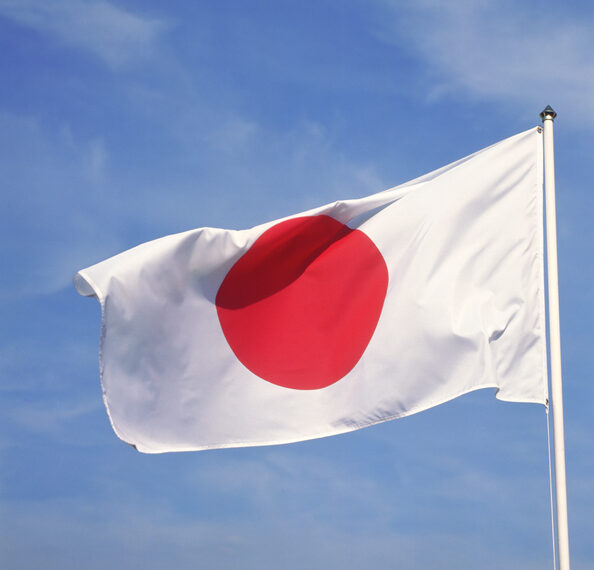The Latest: Prime Minister Fumio Kishida announced on August 14 that he will step down in September and thus not run for the presidency of the ruling Liberal Democratic Party (LDP) next month. Kishida explained that his decision is to take responsibility for the recent corruption scandals within the LDP.
Japan’s political landscape is poised for a significant shift as Prime Minister Yoshihide Suga announced he would not seek re-election as the leader of the ruling Liberal Democratic Party (LDP) in September. This move effectively sets the stage for a new prime minister to take office. Suga’s decision comes amidst criticism of his handling of the COVID-19 pandemic and declining public approval ratings. The LDP is now gearing up for an internal election to choose its new leader, who will subsequently serve as the country’s prime minister.
Despite the impending leadership change, policy continuity remains probable. The LDP has long dominated Japanese politics and has generally maintained a consistent policy approach, focusing on economic revitalization, social welfare enhancements, and a robust security stance. The new leader, expected to emerge from within the party’s upper echelon, is likely to uphold many of Suga’s policies, especially the ongoing economic recovery measures and the strategic balance in international relations, particularly with the U.S. and China.
Moreover, the central tenets of Japan’s domestic and foreign policy, such as Abenomics and defense strategies, are expected to stay largely unaltered. The new prime minister will probably continue addressing the pressing issues of Japan’s aging population, technological innovation, and regional security concerns. Thus, while Japan braces for leadership change, it appears committed to ensuring policy stability, reflecting the resilience and continuity within its political framework.
Read More



